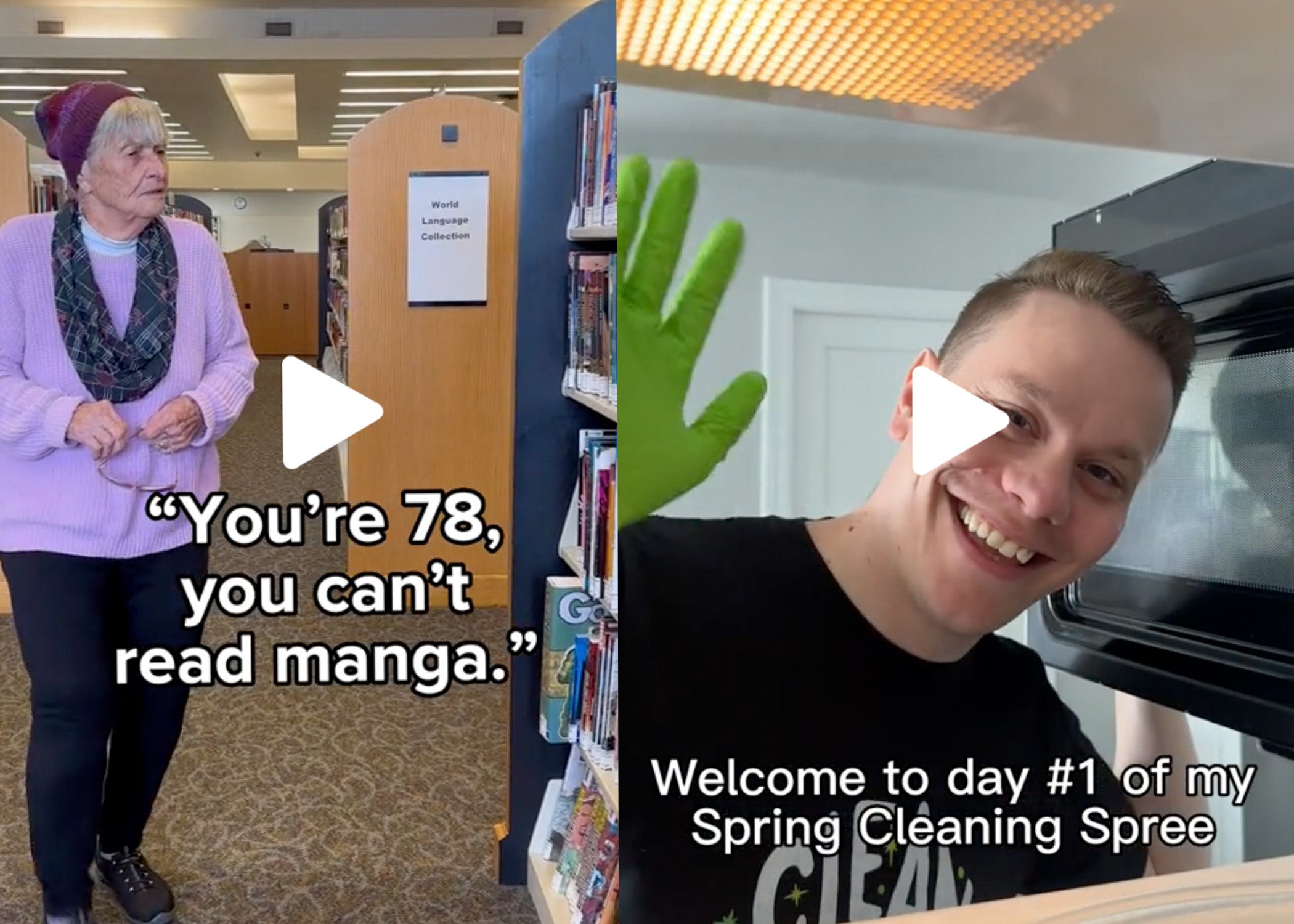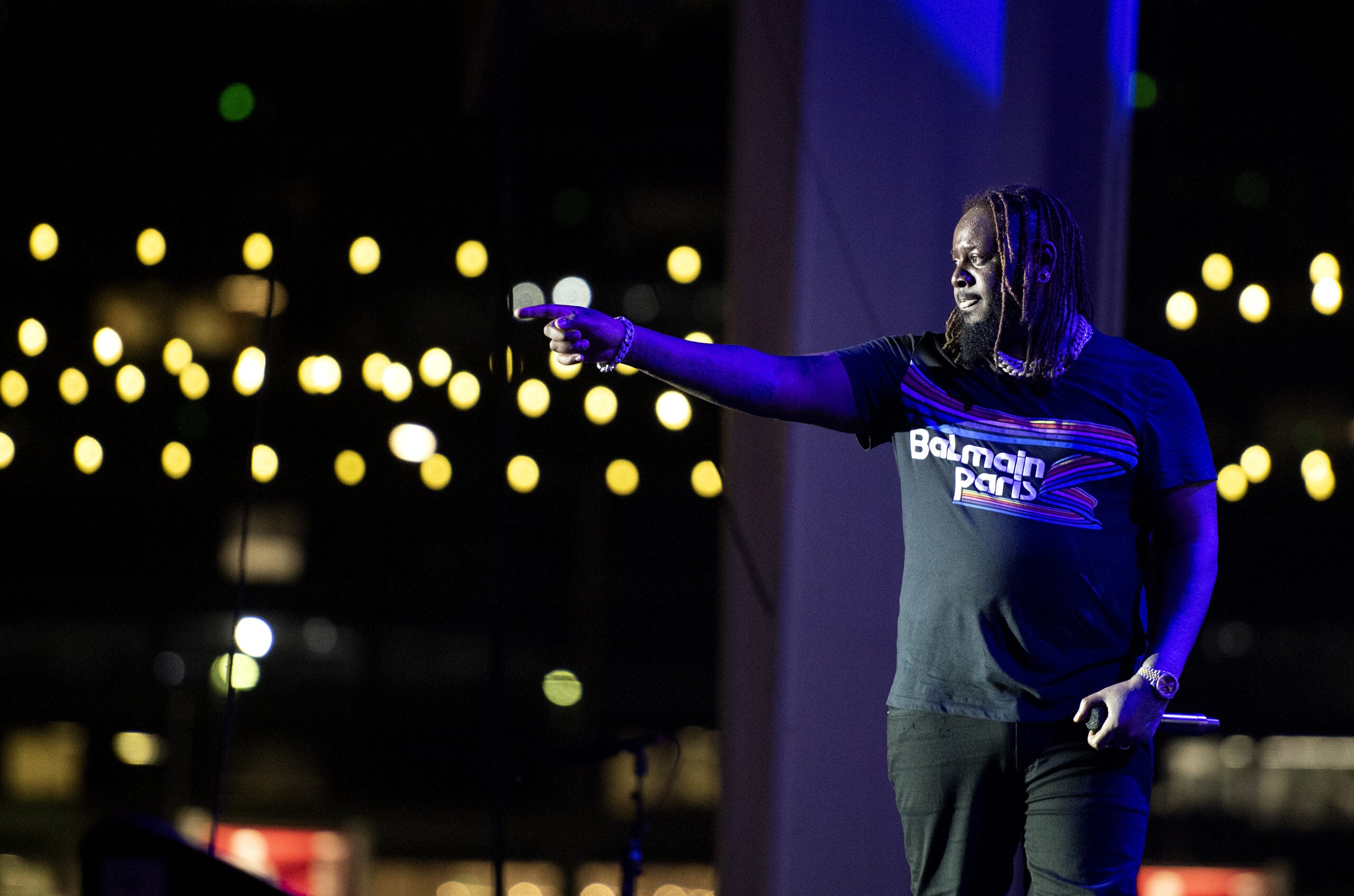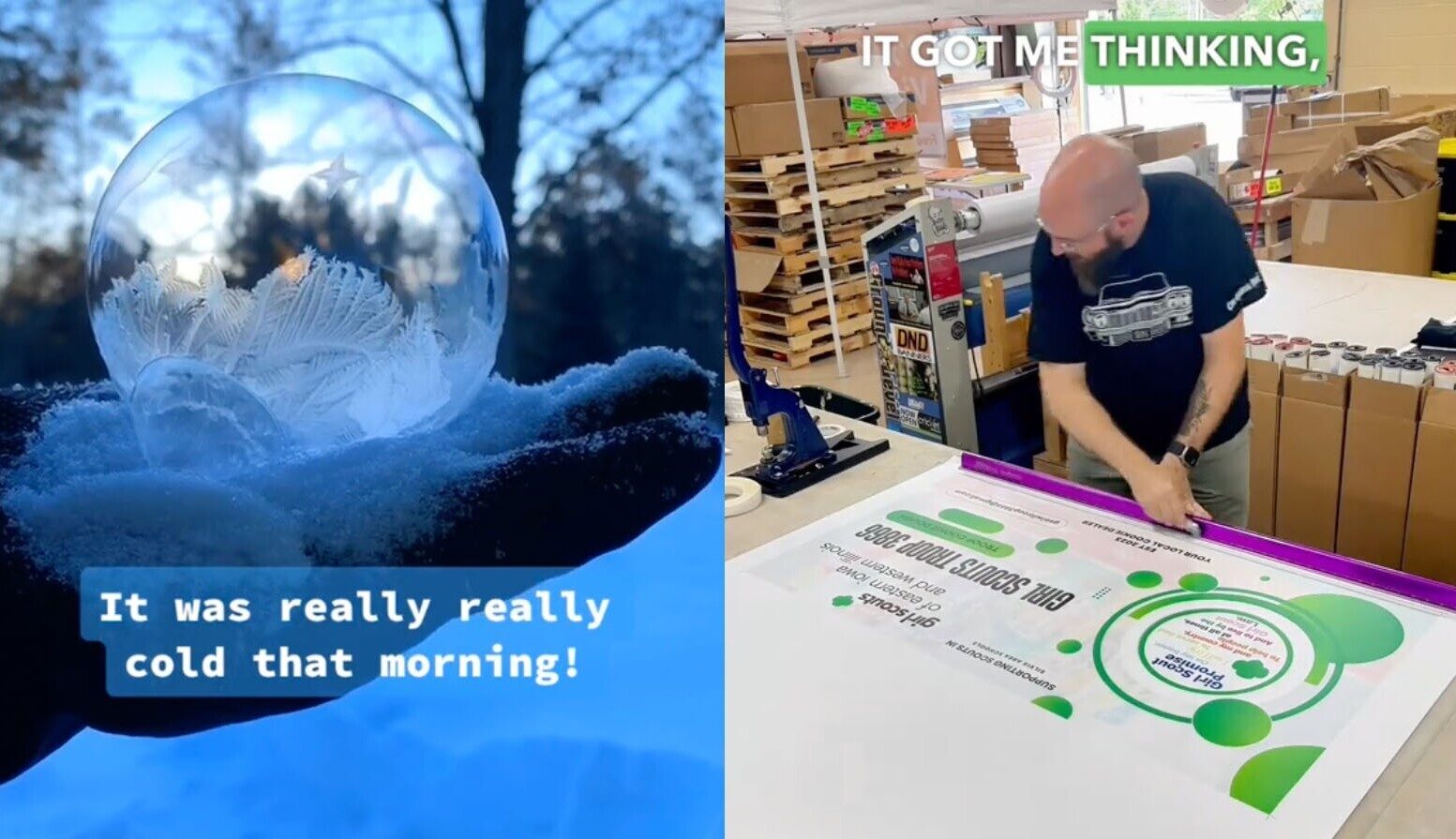Congress is considering whether to force the sale of TikTok, which could essentially ban the app in the United States.
Under a bill the U.S. House passed last week, TikTok’s parent company ByteDance would have roughly six months to sell the app to an American buyer.
Critics say the Chinese-owned app poses a data security risk. And they worry about the content the Chinese government could promote on the app.
News with a little more humanity
WPR’s “Wisconsin Today” newsletter keeps you connected to the state you love without feeling overwhelmed. No paywall. No agenda. No corporate filter.
Experts question whether such a large deal could be made in such a short period of time. Last week, former Treasury Secretary Steven Mnuchin said he’s putting together a group of investors to try to buy the app.
If TikTok goes away, Wisconsin’s influencers would need to adjust.
Brandon Pleshek is a third generation janitor and the owner of Clean That Up. He jokes that he was born with a johnny mop in his hand.
When his cleaning business was on hold in 2020, he spent a lot of time on TikTok.
“I started posting some of our satisfying cleaning videos that I just filmed for marketing material and things,” he told WPR. “And they blew up kind of overnight, and all of a sudden there was a bunch of people asking me cleaning questions that I knew the answers to.”
Pleshek has 1.7 million followers on the app. He said his videos average ten million views a day.
TikTok videos that are 61 seconds or longer can be monetized, and Pleshek also makes commissions if a viewer buys cleaning products from a link in his videos.
“The other huge side of it is just sponsorships and brand deals with a variety of companies that are looking to partner with creators that maybe fit the niche of their product,” he said.
While Pleshek still runs local cleaning businesses in Appleton, he said his videos generate more revenue. He has two employees that help shoot and edit the videos, and he has spun off the media business as a separate entity.
“I have probably a dozen brand deals pending for this year already that are gonna go live on TikTok,” and if the app disappears, it would mean a huge loss in revenue, he said.
Libraries also turned to TikTok to boost engagement
The Milwaukee Public Library has one of the state’s most celebrated TikTok accounts. It has amassed nearly 125,000 followers in less than two years and has published more than 260 videos on the app.
“It’s definitely helping us reach a local audience, and I think that it’s also been helping us really elevate libraries overall on a national level,” said Melissa Howard, the library’s director of community relations and engagement.
Like small businesses, libraries also turned to social media to gain back patrons after pandemic lockdowns.
“The videos are really aimed at highlighting library services that can benefit our community. And we do that through entertaining and these fun engaging videos,” she said.
One video pinned to the top of the library’s account shows a woman walking up to a book shelf with text displayed over the video reading “You’re 78, you can’t read manga.”
The woman then takes a book off the shelf and gives the camera the middle finger. As she walks away with her book, the text on the screen reads: “I’m 90.”
Ban faces an unclear path in the Senate
It is not yet clear whether the bill that passed the House will get a vote in the Senate. President Joe Biden has said he would sign the bill if it passes.
Even if that happens, there would surely be legal challenges, said University of Wisconsin-Madison law school professor Anuj Desai.
“I suspect the government’s first defense, so to speak, is this is not a ban on TikTok,” Desai said. “It is an attempt to get ByteDance to sell TikTok to an American company.”
The government would not want to have a fight on First Amendment grounds, where the rights of TikTok’s content creators and users could be an issue.
“One other response the government will have is, you just don’t have to be on TikTok,” he said.
“I think the government would say something along the lines of, ‘nobody’s speech is actually being suppressed,’” he said. “They have other avenues, right? Other channels of communication where they can do this exact same thing in exactly the same way.”
Both the Milwaukee library and Pleshek publish their videos on other platforms.
Howard said the library has a larger following on Instagram, though its TikTok followers tend to be younger.
“If TikTok does go away in the US, we will adjust our strategy,” she said. “People have been utilizing library services in Wisconsin for over 150 years, and we hope that that will continue for another 150 and much more.”
Pleshek, however, is less certain he could replace the revenue and following he has on TikTok, which he said pushes content to local users.
“I just think losing the platform you would see a huge hit for some of these small businesses that won’t be able to get that reach on Facebook or Instagram because they want you to pay to play to have that reach,” he said.
Wisconsin Public Radio, © Copyright 2025, Board of Regents of the University of Wisconsin System and Wisconsin Educational Communications Board.







